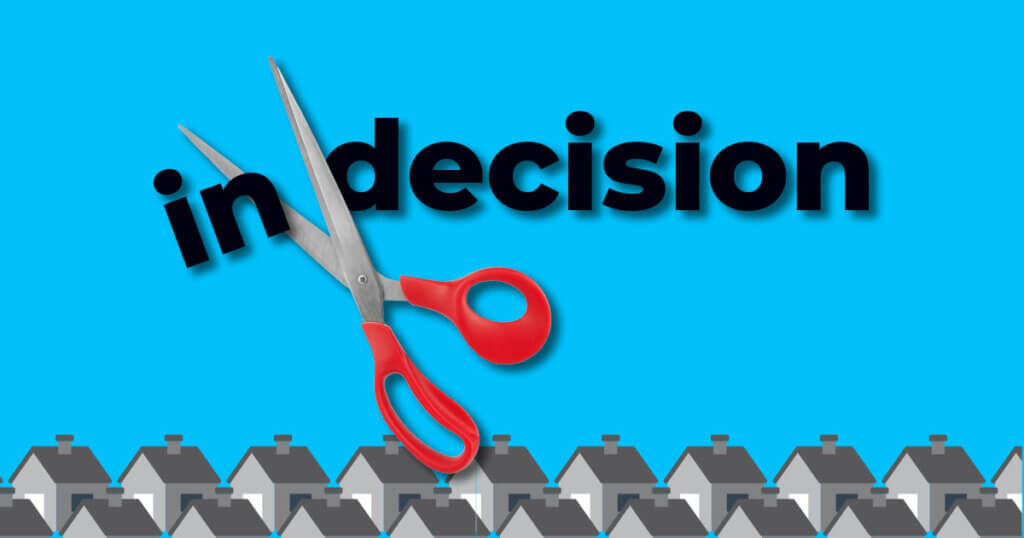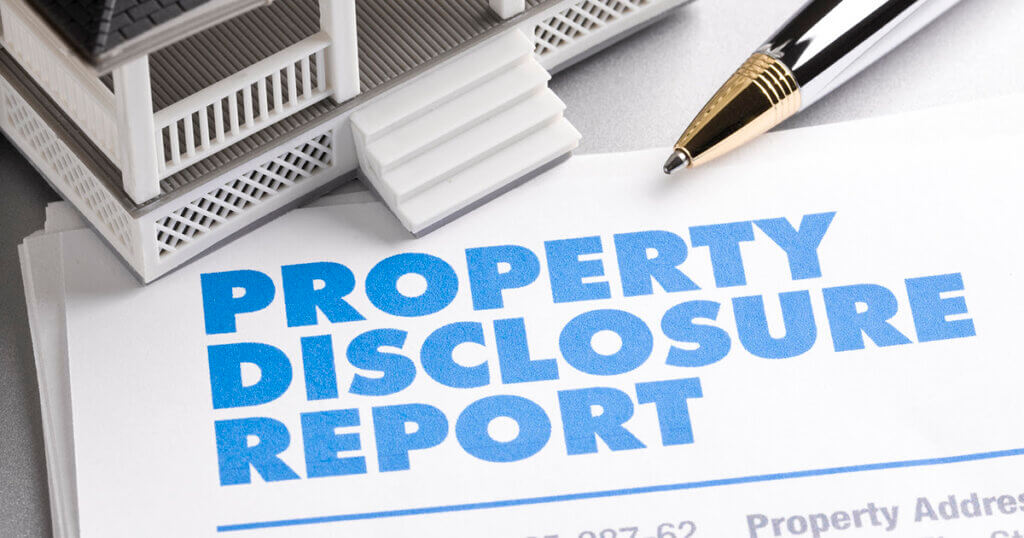The Opportunity Cost of Delaying Homeownership
Comments Off on The Opportunity Cost of Delaying Homeownership
Opportunity cost is the value of the next best alternative that you give up when making a decision. In real estate, this concept plays a crucial role for buyers who are delaying to purchase a home due to high interest rates and rising home prices. The question is: What is the cost of waiting? Many potential homebuyers remain on the fence, choosing to rent instead of purchasing a home. However, by doing so, they may be missing out on one of the greatest wealth-building opportunities: home equity. Let’s break it down.
Comparing Renting vs. Buying
Consider a renter paying $3,300 per month versus purchasing a $400,000 home with a 10% down payment and a 30-year mortgage at 6.76% interest. The total monthly mortgage payment (including principal, interest, taxes, and insurance) would be $3,526.68�higher than rent at first glance. However, this doesn’t account for the financial benefits of homeownership.
- In the first year:
The homeowner reduces their loan principal through mortgage payments, averaging $587.57 per month in principal reduction.- The home appreciates at 3% per year, equating to $1,000 per month in gained value.
- Factoring in $2,000 in annual maintenance costs, the true cost of homeownership is reduced to $2,374.23 per month, less than the cost of renting.
Long-Term Equity vs. Investment in CDs
After 7 years, the homeowner will have built $165,062 in home equity through appreciation and principal reduction. Meanwhile, if the renter put $40,000 they have for the down payment into a CD earning 2.5% interest, it would only grow to $47,547…less than a third of the homeowner’s equity.
The Cost of Waiting
The opportunity cost of continuing to rent instead of buying is significant. Even if interest rates or home prices seem high now, waiting means missing out on the long-term financial benefits of homeownership, including appreciation, equity buildup, and potential tax advantages. Not to mention that home prices are expected to continue to rise because of the continued shortage of inventory and so are rental rates.
If you’re on the fence about buying, let’s discuss your options and look at a projection with your numbers to see if now is the right time for you. The numbers might surprise you!










